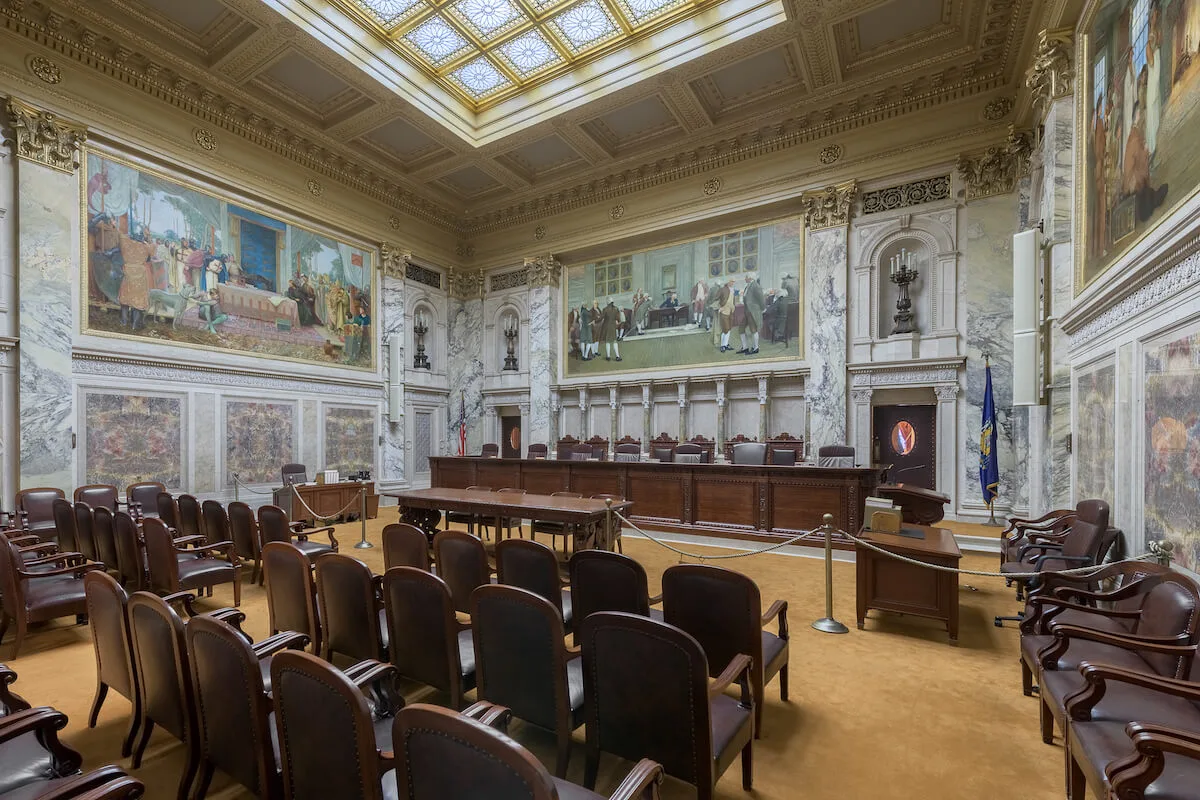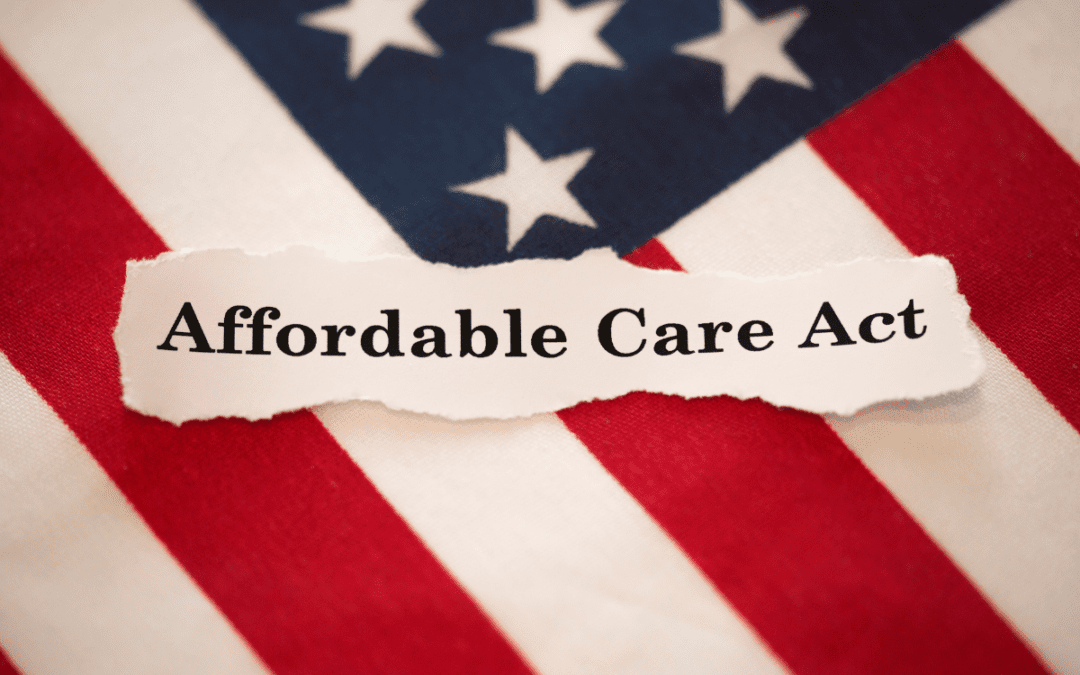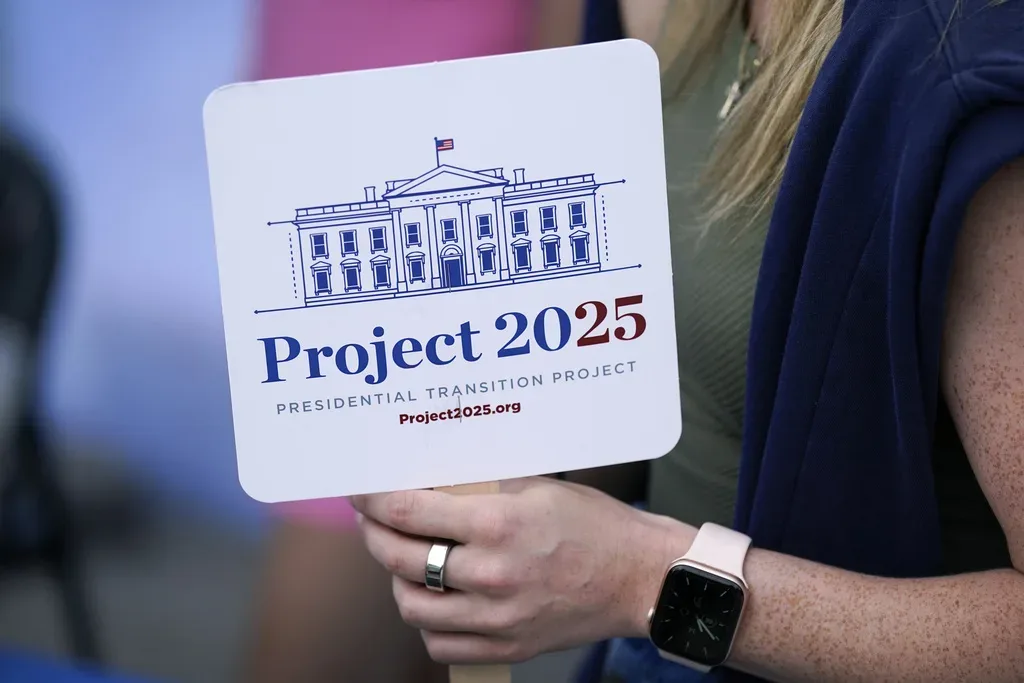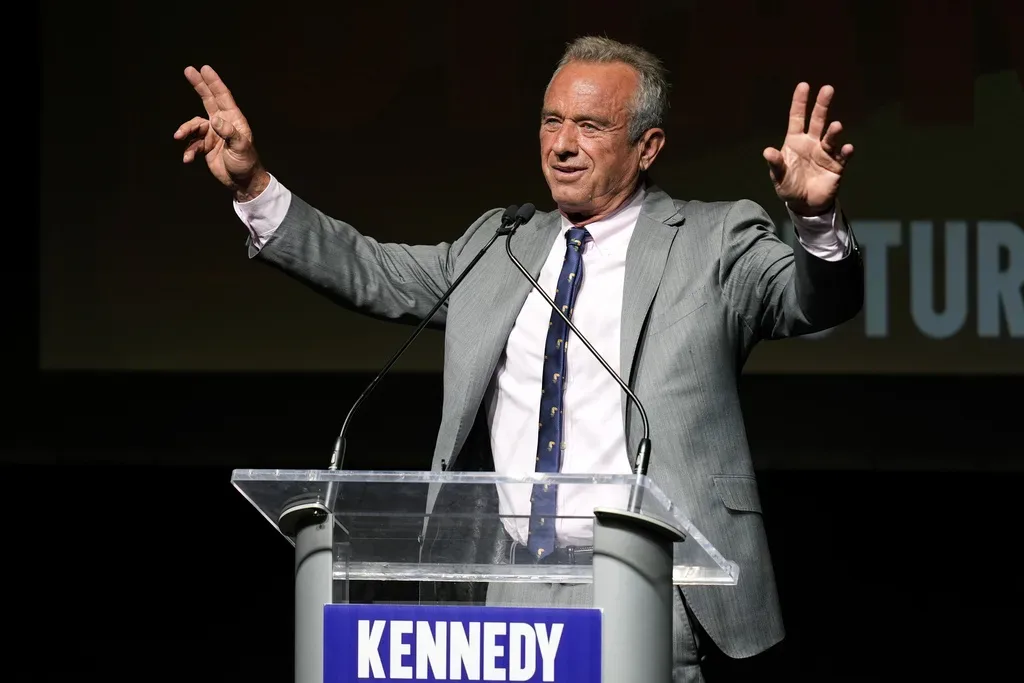
#image_title
#image_title
Conservatives kill long-standing powers.
In a ruling issued Friday, Wisconsin’s five conservative Supreme Court justices failed to unite for a cohesive argument yet still ruled that three of Gov. Tony Evers’ partial vetoes for the 2019-21 budget were unconstitutional, even with no consensus as to why they were found to be in violation of the state Constitution.
The ruling marks the latest setback for Evers at the hands of the conservative-dominated Supreme Court, which ruled against him on Thursday when the conservative justices upheld most of the lame-duck laws that Legislative Republicans passed to strip powers from Evers and Democratic Attorney General Josh Kaul in the weeks before they took office. In May, four of the court’s five conservatives decided to kill the Governor’s statewide stay-at-home order designed to slow the spread of the coronavirus pandemic. Wisconsin has since set daily records of new coronavirus cases as people cite the ruling as reason to flout local health directors’ guidelines or orders.
This latest challenge, brought forward by the conservative Wisconsin Institute for Law and Liberty, was a suit against Evers over four of his partial vetoes for the current state budget. The Supreme Court, which took the challenge directly rather than waiting for it to make its way through lower courts, upheld one of the vetoes and struck the other three.
“No rationale has the support of a majority,” the ruling reads. “However, a majority has reached a conclusion with respect to the constitutionality of each series of vetoes.”
Wisconsin’s governors have historically had broad powers to issue line-item budget vetoes. Nonetheless, the decision strips some of Evers’ powers and will inhibit all future governors, just as the court’s ruling against the stay-home order has permanently crippled the state Department of Health Services’ ability to respond to a pandemic.
The court’s conservatives cited differing constitutional clauses for each veto.
In her dissent, liberal Justice Ann Walsh Bradley said the decisions “sow confusion.” Evers made 78 line-item vetoes in total for the budget, and it’s not clear what other vetoes could be ruled against in the future.
“Evidence of the lack of clarity is highlighted by the very fact that this case has generated four separate writings with various rationales,” Walsh Bradley wrote. “And not one of them has garnered a majority vote of this court. Thus, we are left with no clear controlling rationale or test for the future.”
In a statement on the ruling, Evers was equally harsh, channeling his statement on the lame-duck ruling in which he called Republicans “sour grapes.”
“Today’s ruling departs from decades of precedent and only creates chaos and confusion,” he said. “As I said yesterday, we’re not going to let folks who are bitter about an election that happened nearly two years ago stop us from getting things done for the people of our state.”
The vetoes struck down by the Supreme Court were: a partial veto of the definition of vapor products for tax purposes (ruled against 4-3, with conservative Chief Justice Pat Roggensack defecting to join the court’s liberal justices), a partial veto of a school bus replacement fund to instead fund public transit and electronic vehicle charging stations (ruled against 5-2), and a partial veto that broadened the possible uses for $75 million intended for local roads (ruled against 5-2).
The court upheld on a 5-2 vote a partial veto that requires heavier commercial truck owners to pay a higher registration fee than owners of lighter trucks due to their strain on roads.
Politics

Opinion: Many reasons why young adults should refuse to let Republicans kill the Affordable Care Act
In this op-ed, University of Wisconsin Medical School student, Samantha Crowley, shares the importance of young adults protecting the Affordable...

He said what? 10 things to know about RFK Jr.
The Kennedy family has long been considered “Democratic royalty.” But Robert F. Kennedy, Jr.—son of Robert F. Kennedy, who was assassinated while...
Local News

Stop and smell these native Wisconsin flowers this Earth Day
Spring has sprung — and here in Wisconsin, the signs are everywhere! From warmer weather and longer days to birds returning to your backyard trees....

Your guide to the 2024 Blue Ox Music Festival in Eau Claire
Eau Claire and art go hand in hand. The city is home to a multitude of sculptures, murals, and music events — including several annual showcases,...



